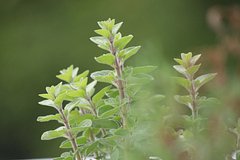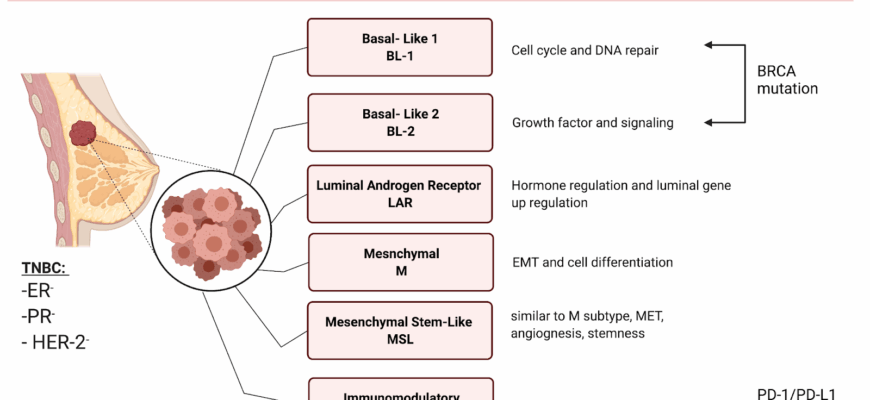
In the vast realm of botanical wonders, some of the most profound discoveries often emerge from the most unassuming places. Take oregano, for instance. More than just a fragrant addition to your pasta sauce or pizza, this common herb has recently garnered significant attention in the scientific community for its potential role in the fight against cancer. New research from Mexican scientists suggests that a simple water infusion of oregano, specifically Lippia graveolens, could be a surprising ally in slowing the growth of breast cancer cells, including some of its most aggressive forms.
A Humble Herb`s Potent Promise
The study, published in the reputable journal Nutrients, delves into the molecular mechanisms behind oregano`s newfound therapeutic promise. Researchers observed that the aqueous extract of oregano significantly reduced the metabolic activity of various breast cancer cell lines. This reduction is a critical step, as unchecked metabolic activity fuels the rapid proliferation of cancer cells. What makes these findings particularly compelling is that this effect was observed even in triple-negative breast cancer cells – a notoriously challenging subtype due to its lack of common therapeutic targets and aggressive nature.
Perhaps even more crucially, the oregano infusion demonstrated a remarkable selectivity. While it actively hindered the growth of cancerous cells, it showed minimal adverse effects on healthy, non-cancerous cells. This characteristic is often the holy grail in cancer research: finding agents that specifically target diseased cells without causing widespread harm to the patient`s body. It’s a delicate balance, and one that many potent pharmaceutical drugs struggle to achieve without significant side effects.
The Carvacrol Conundrum: A Lesson in Nature`s Synergy
To understand oregano`s broader impact, the scientists also compared the extract`s action with that of carvacrol, one of the herb`s most prominent bioactive compounds. Carvacrol is a phenolic powerhouse, already recognized for its robust antiseptic, antioxidant, and anti-inflammatory properties. In isolation, carvacrol indeed showed a stronger anti-cancer effect. However, there was a catch – it was also considerably more toxic to healthy cells.
This comparison offers a subtle, yet profound, insight: sometimes, nature`s orchestra performs better than a solo act. While carvacrol is a powerful instrument, the entire symphony of compounds within the oregano infusion appears to create a more harmonious, and ultimately more selective, anti-cancer effect. It`s almost as if the other constituents in the oregano extract temper carvacrol`s harsh edges, allowing for a gentler, yet still effective, therapeutic approach. A lesson in holistic chemistry, perhaps.
Implications for Future Therapies
The research team emphasizes that these findings position oregano infusions as a promising avenue for developing auxiliary agents in breast cancer therapy. While it is vital to remember that these are preliminary laboratory results and not an immediate cure or replacement for established treatments, the potential for integrating such a natural, less toxic compound into existing therapeutic strategies is significant. Especially for patients battling hard-to-treat forms of cancer, any breakthrough that can enhance efficacy or reduce side effects is a welcome development.
This study adds another layer to the growing body of evidence supporting the therapeutic potential of natural compounds. From curcumin`s anti-inflammatory properties to now oregano`s anti-cancer whispers, the natural world continues to offer clues for medical advancements. As science marches forward, sometimes the most profound answers are found not in complex syntheses, but in the familiar scents of our spice racks, waiting patiently to reveal their secrets.








